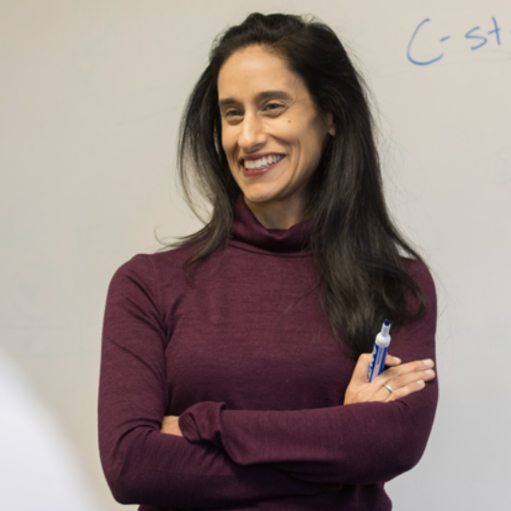
Manisha Desai
Kim and Ping Li Professor of Medicine and Biomedical Data Science, Stanford University
Talk Title: Can data science and AI deliver on its promise for improving public health?
Abstract: Data science has played an essential role in solving many public health problems. For example, studies that leverage imaging data from the healthcare system have provided insight into how to more accurately stage cancer. Clinical trials are data-intensive and are the gold standard for establishing standard of care for treating many diseases. More recently there has been a rise in the use of data science to develop artificial intelligence (AI)-based tools that present promising solutions of how we diagnose, monitor, and treat patients. There are many challenges to consider including the underlying data used to establish AI-based algorithms, the way AI-based interventions are evaluated, and how the tools are deployed in practice. Vignettes of trials that evaluate AI-based tools illustrate issues and potential solutions.
Bio: Manisha Desai, PhD, is the Kim and Ping Li Professor of Medicine, Biomedical Data Science, and Epidemiology and Population Health at Stanford University; Dr. Desai serves as the founding Director of the Stanford Quantitative Sciences Unit (QSU), a data science unit comprised of faculty and staff who practice data science to address biomedical questions relevant for public health. The QSU provides robust data science infrastructure for numerous initiatives throughout the Stanford School of Medicine including studies supported by the Stanford Cancer Institute. Dr. Desai has been involved in several efforts to design studies that evaluate the utility of AI-based interventions. She led the Data Coordinating Center for the Apple Heart Study, a decentralized trial that enrolled over 400,000 participants to characterize performance of an app to identify atrial fibrillation in the general population. In addition, she collaborates on a study to evaluate a multi-faceted intervention that includes remote monitoring to improve diabetes management among children with type I diabetes. Her areas of interest include methods for establishing efficient and effective data science practices; the handling of missing data, translating trial findings to real-world target populations; and integrating real-world data into clinical trials.
Featured Speaker

